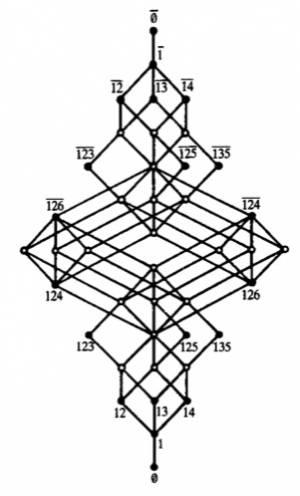The idea of "conceptual musical representation" feels a lot like structural and linguisticA more holistic understanding of the music and its organisation also requires analysis and conceptual thinking. Developing a conceptual musical representation requires understanding not only each individual piece, but also familiarity with the musical language and culture in which it was written. Ginsborg states that “the use of conceptual memory is the crucial overarching strategy that no musician can do without”. Regardless of training, expertise or musical genre, fundamentally a musician must know where they are in a piece and how the structure of the work fits together. Oftentimes clear structural boundaries exist within the architecture of a piece (chorus and verse, for example), which create natural chunks to organise practice and facilitate memorisation.

All in all, more people have done more research into memory than I have done, and I don't want to get into a debate about exactly what types of memory there might be. For the memorizing musician, I think it's important to consider what type of memory is being used and when and how it's being used. For me, the simplification of memory types has been helpful, and I like to keep it at three: tactile, visual, and aural. For you, you may want to consider more possibilities. After all, it's your brain and your performance.
No comments:
Post a Comment